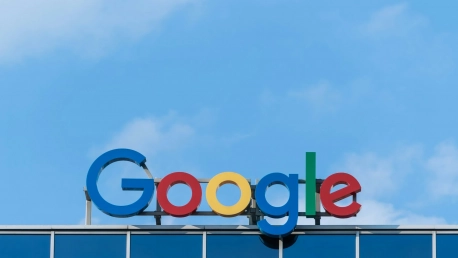Google’s Android operating system (OS) is a dominant force in the mobile market, powering the majority of smartphones worldwide. This dominance, however, has not gone without scrutiny. Regulators have raised concerns that Google may be using its Android OS to reinforce its position, particularly in the general internet search market. The central allegation is that Google imposes strict conditions on mobile device manufacturers that utilize Android, which may prevent competitors from entering the market.These conditions, which include pre-installed Google apps and exclusivity agreements for Google’s search services, are seen by some as manipulative. The financial incentives that Google allegedly offers to manufacturers play a significant role as well. These practices, if proven to be true, could hinder innovation and consumer choice, as competitors struggle to compete on a level playing field.
Examining the Evidence
The Turkish Competition Board has shed light on Google’s potentially anti-competitive behaviors concerning Android devices. Google is accused of limiting competitor software pre-installation, tipping the scales in its favor. Such practices could ripple across the mobile and internet search markets, stifling competition and innovation.Google’s dominance grants it the power to dictate Android usage terms to device makers, potentially curtailing consumer options. Regulators are alarmed by this influence, as it may undermine a healthy competitive marketplace where consumers enjoy various choices and ongoing innovation.Ongoing investigations seek to ascertain the depth of Google’s market impact and whether its Android OS strategies are denying consumers the full benefits of open competition. These developments will likely clarify the long-term implications for Google’s position in the market.









